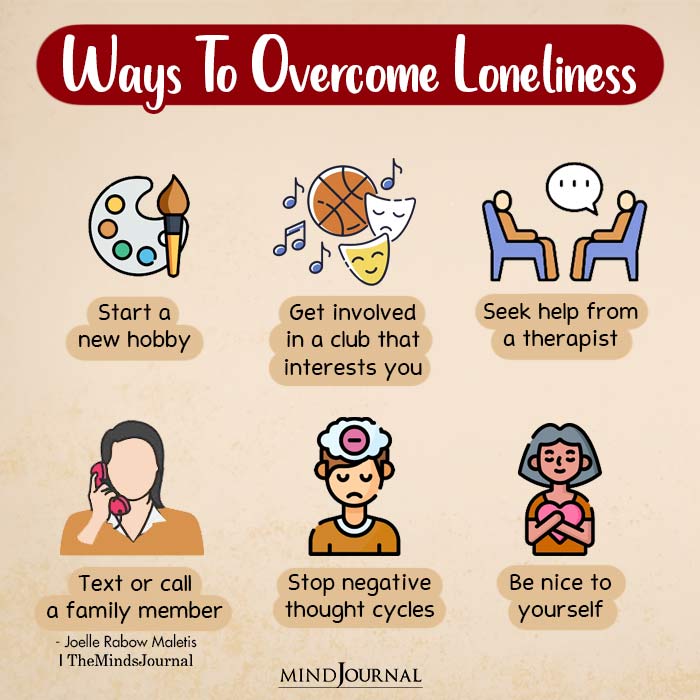Feeling isolated in your workplace can significantly impact your mental health and productivity. In this article, we are going to explore five effective strategies on how to overcome loneliness at work, ensuring you feel more connected and engaged with your colleagues and work environment.
KEY POINTS
- The feeling of isolation is leading to health problems including depression, dementia, and heart disease.
- Two-thirds of Americans are feeling lonely.
- Those who are connected to other have lower levels of anxiety and depression.
- The absence of connection leads to a 60% increase in premature death.
In May 2023, the U.S. Surgeon General, Dr. Vivek Murthy, set off alarms with a report that the country is facing a new public health crisis— loneliness. Feeling of isolation are leading to declines in both physical and mental health.
Being alone and not in regular connection with others leads to a 29% increase in heart disease, a 32% higher risk of a stroke, and a 50% increased risk of developing dementia. The absence of social connection among people leads to a 60% increase in premature death. The risk of depression is twice as high for those who are lonely.
The new statistics complement a 2020 study by Cigna finding that 62% (nearly two-thirds!) of Americans are lonely. There is a price tag for the isolation, as loneliness costs U.S. employers $406 billion in lost productivity and health expenses.
While the numbers are disheartening, there is hope and a plan to decrease isolation and improve interaction, starting with building meaningful connections and relationships. Evaluating everything from the physical layout of our environment to our relationship with technology, the Surgeon General outlined a framework to combat the problem.
Science has long established that those who are more connected to others have lower levels of anxiety and depression, higher self-esteem, greater empathy, and are more trusting and cooperative. These are critical skills that are needed to withstand difficult situations. They can make us more resilient.
Related: 6 Types Of Loneliness And How To Deal With Them
Building Connections at Work
The workplace is a great place to build meaningful connections. Unfortunately, our ability to meaningfully engage at work is hampered and redirected with the increased volume of virtual and hybrid work, but that doesn’t mean it has completely disintegrated.
In her latest book, The 5 Practices of Highly Resilient People, Dr. Taryn Marie Stejskal recommends five options for building connections and growing empathy at work.
How To Overcome Loneliness At Work? 5 Strategies For Feeling Less Lonely
1. Seek perspective
View a situation from someone else’s perspective while imagining their experiences and feelings.

2. Check in
Ask a colleague how they are doing, and take special care to listen carefully to their answer.
3. Demonstrate care and concern
When a colleague faces a difficult time, take them out for a meal or coffee and ask how you can be supportive. Sometimes the gesture alone can speak volumes.
4. Practice active listening
Listen carefully without interrupting. To ensure you understood, reflect on what was said by paraphrasing.
5. Validate other people’s perspective
Share an empathetic reflection.
Loneliness is a significant and increasing problem. It impacts our physical and mental health and decreases productivity and effectiveness in the workplace.
Related: The 3 Factors to Overcome Loneliness According To Studies
Reaching out to someone and commencing a conversation can be the first step to alleviating our nation’s social isolation.
Written By Ruth Gotian Originally Appeared On Psychology Today










Leave a Reply